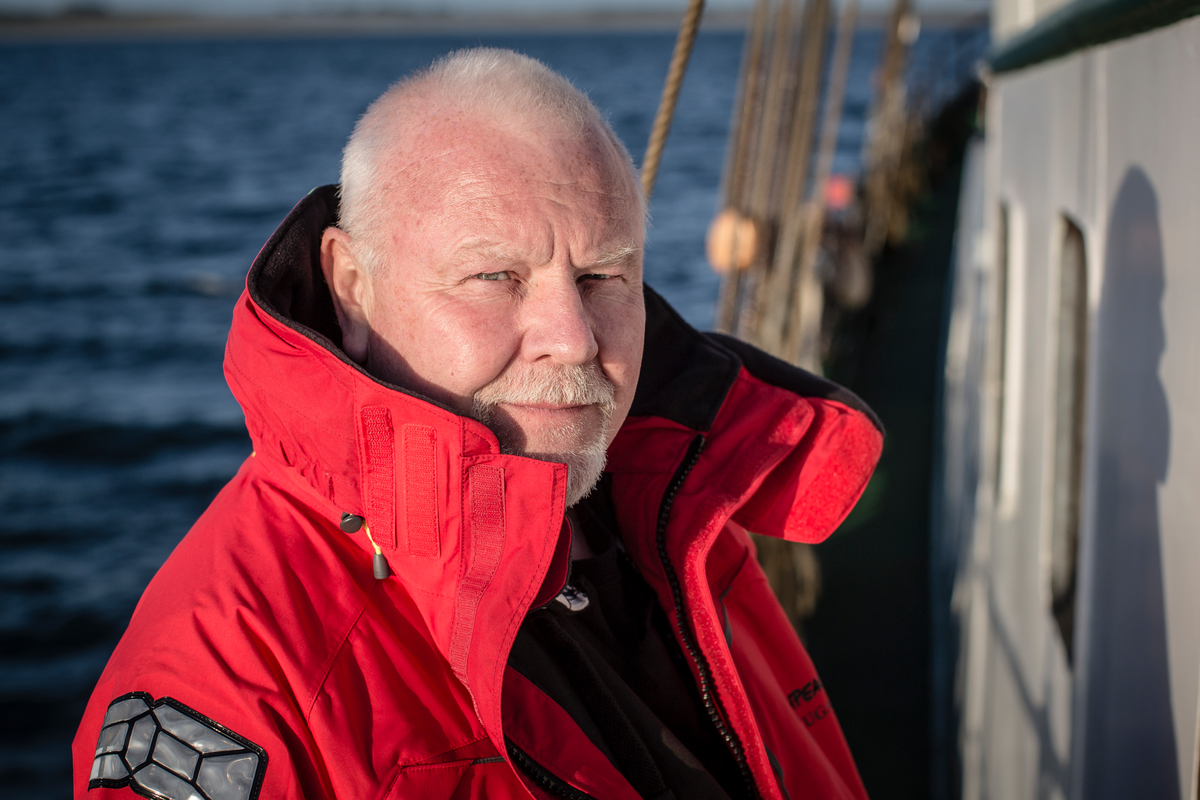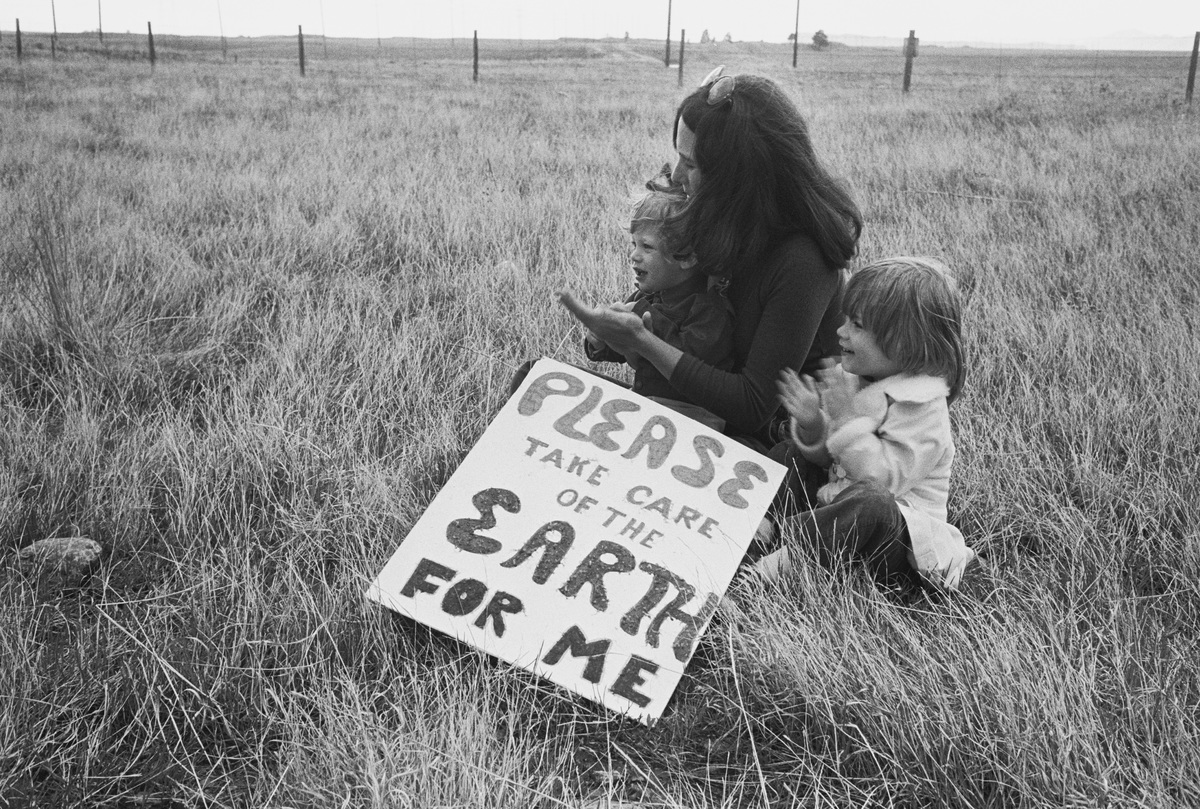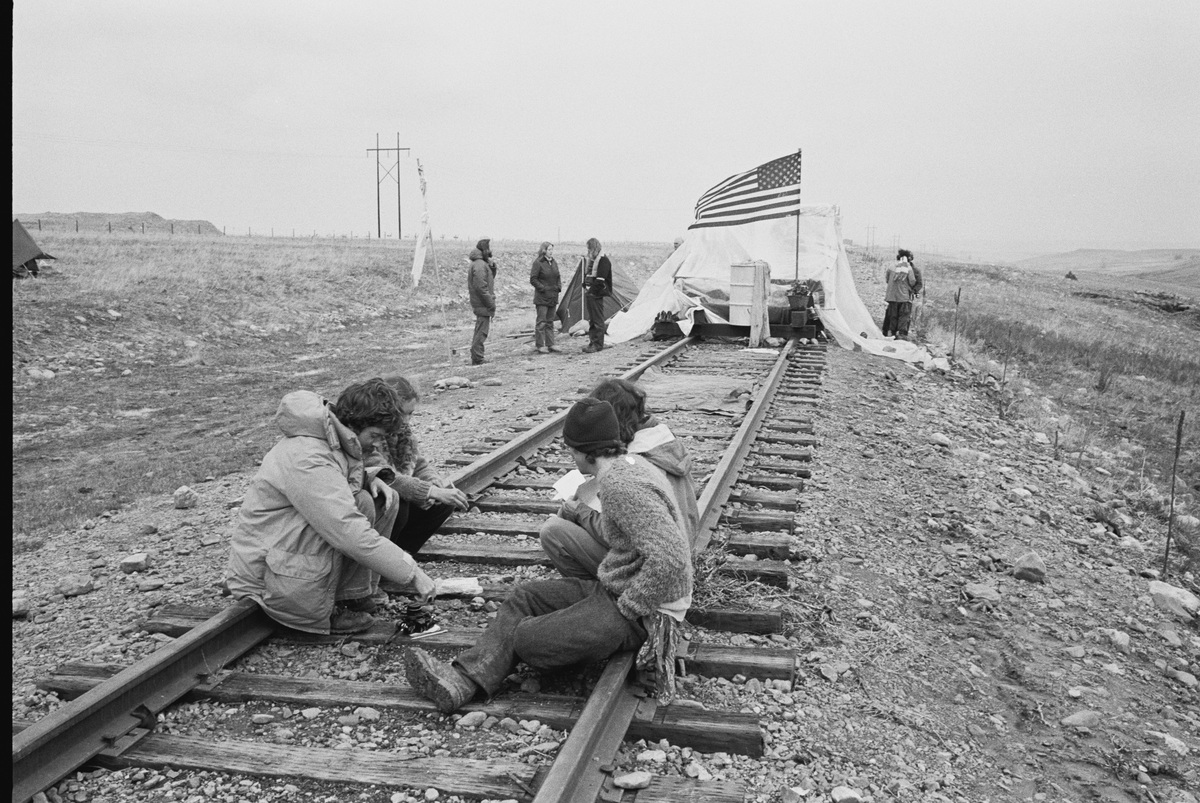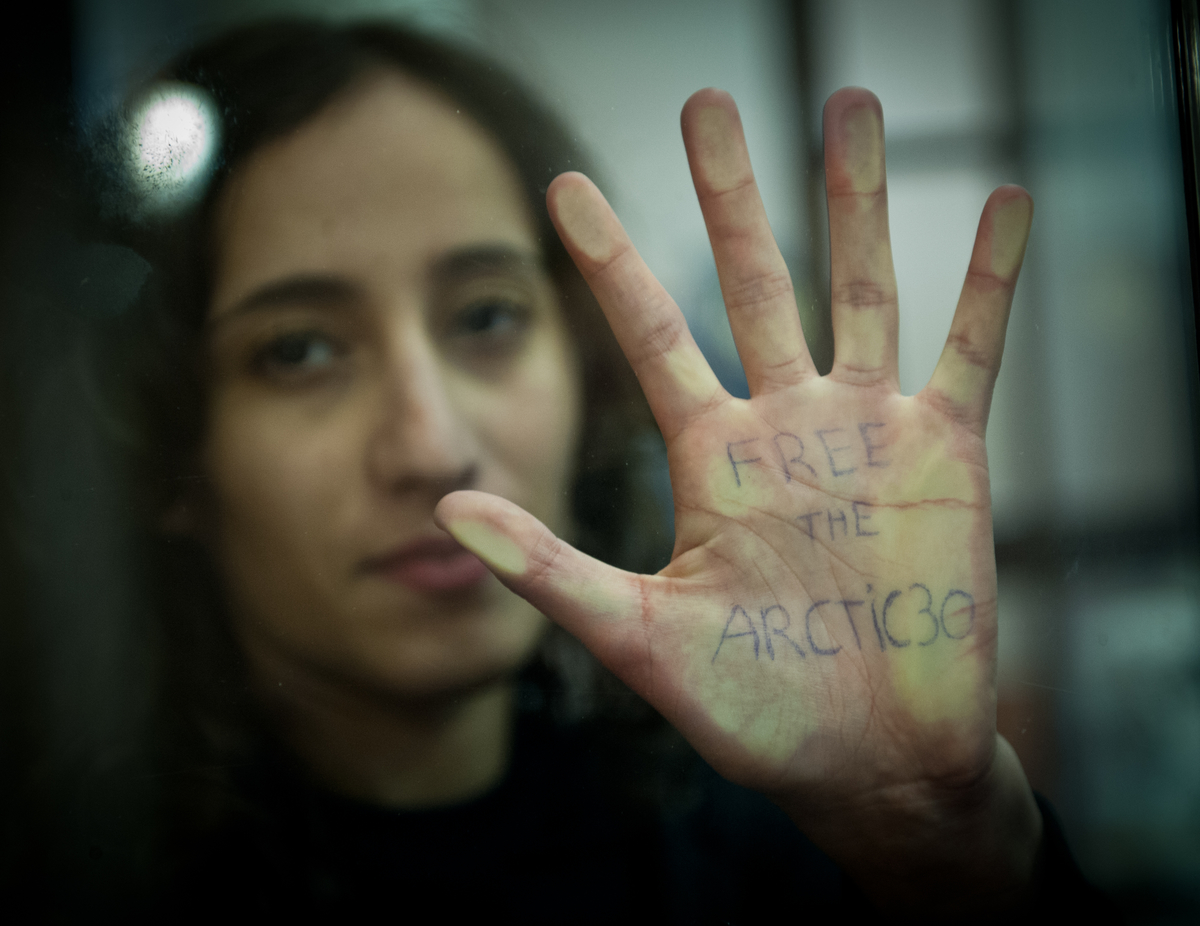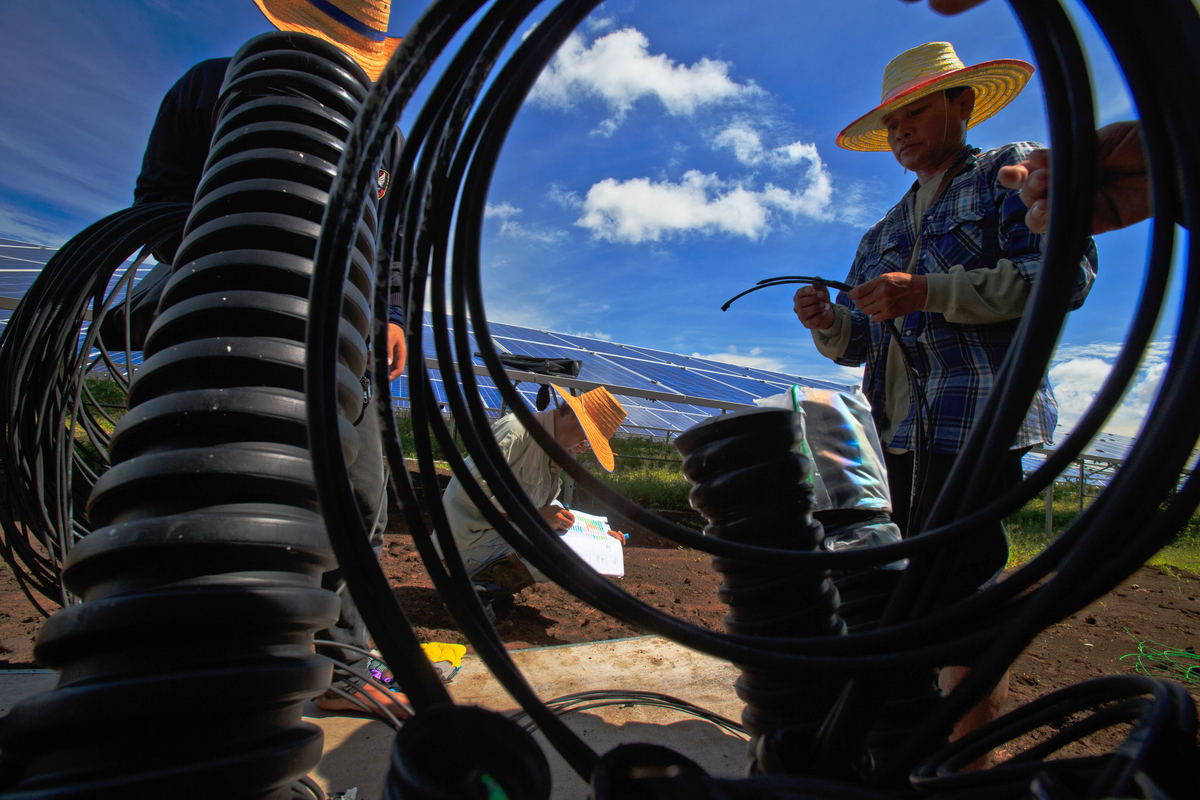-
Nuclear power and the collapse of society
On March 1 1954, on Bikini Atoll, in the Marshall Islands, the US military detonated the world’s first lithium-deuteride hydrogen bomb, a thousand times more powerful than the Hiroshima and…
Rex Weyler6 min read -
10 things you’ve always wanted to ask an environmental scientist
We talked to Dr. Paul Johnston, who’s worked in Greenpeace’s Science Unit for over 30 years and founded our Research Lab, about how to deal with climate deniers and what the future holds for our planet.
Chiara Milford1 min read -
How does social change happen?
Tactics must reflect circumstances, and as ecologists, we might understand the value of diversity.
Rex Weyler7 min read -
How do systems get unstuck?
If we are going to resolve our ecological challenges, we must rethink, not only our social systems, but our habitual ways of thinking.
Rex Weyler11 min read -
Civil Disobedience: Why direct action is necessary
History shows us that civil disobedience is often necessary when the relatively weak face the relatively strong.
Rex Weyler9 min read -
Gazprom vs. Greenpeace Arctic 30
Historically, overreaction by authorities — violence, arrests, jail — galvanises social movements, empowers individuals and strengthens organizations.
Rex Weyler4 min read -
Why De-Growth? An interview
The Degrowth movement addresses the growth of human consumption, driven by economic growth, population growth, and the impacts of resource extraction.
Rex Weyler9 min read


